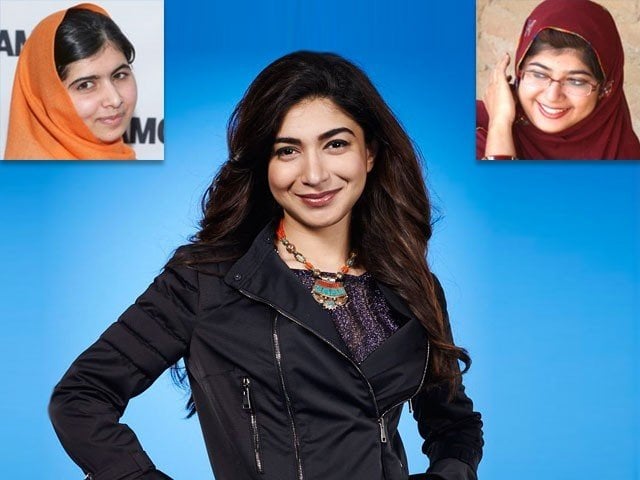
Of the three, Malala is the best known, and in terms of her home country the personality about which there is an ambivalence and hostility that is not reflected in the rest of the world. She gets the Forbes nod for her campaign for girls’ education that has had a global impact in terms of awareness-raising. She is alongside Shiza Shahid and with her co-founded the Malala Fund with the purpose of leveraging Malala’s voice in such a way as to turn the energy that surrounds her into meaningful action. Shiza has already been recognised last December as a woman who is a world-changer. Khalida Brohi was 16 when she saw her friend killed in an ‘honour killing’ incident. She went on to found a non-profit organisation called Sughar that trains women in business and craft skills that allow them to set up small businesses and achieve financial independence. These three women are all very different despite the linkage between Malala and Shiza and serve as models for the women of Pakistan to aspire to. There are more women in the workplace and in higher education than ever before. Both numbers will increase. This trio are mould-breakers, not just game-changers.
Published in The Express Tribune, January 9th, 2014.
Like Opinion & Editorial on Facebook, follow @ETOpEd on Twitter to receive all updates on all our daily pieces.


1725443747-0/Untitled-design-(5)1725443747-0-165x106.webp)









COMMENTS (1)
Comments are moderated and generally will be posted if they are on-topic and not abusive.
For more information, please see our Comments FAQ